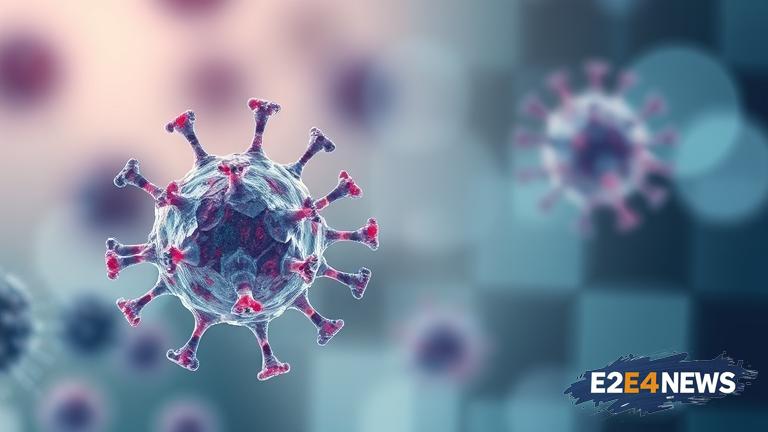Anti-IgLON5 disease is a rare and poorly understood neurological disorder characterized by progressive brainstem and cerebellar dysfunction. The disease is caused by the presence of autoantibodies against IgLON5, a protein that plays a crucial role in the development and maintenance of the nervous system. Symptoms of the disease include sleep disturbances, gait instability, and cognitive decline. Currently, there is no cure for anti-IgLON5 disease, and treatment options are limited to managing symptoms and slowing disease progression. However, a recent study has shown that early immunotherapy may be an effective treatment strategy for the disease. Immunotherapy involves the use of medications that modulate the immune system to reduce inflammation and prevent further damage to the nervous system. In the study, researchers used a combination of immunotherapies, including corticosteroids, plasma exchange, and intravenous immunoglobulin, to treat patients with anti-IgLON5 disease. The results showed that early immunotherapy was associated with significant improvements in symptoms and quality of life. Patients who received immunotherapy early in the course of the disease showed greater improvements than those who received treatment later. The study’s findings suggest that early immunotherapy may be a promising treatment strategy for anti-IgLON5 disease, and further research is needed to fully understand its potential benefits and limitations. The study’s results are significant, as they offer new hope for patients with this debilitating disease. Anti-IgLON5 disease is a rare and poorly understood condition, and there is a pressing need for effective treatments. The study’s findings highlight the importance of early diagnosis and treatment, as delayed treatment may reduce the effectiveness of immunotherapy. Further research is needed to fully understand the mechanisms of anti-IgLON5 disease and to develop more effective treatments. The study’s results also underscore the importance of collaboration between researchers, clinicians, and patients to advance our understanding of the disease and to develop new treatments. In addition to immunotherapy, other treatment strategies, such as targeted therapies and gene therapies, may also hold promise for the treatment of anti-IgLON5 disease. As research continues to advance, it is likely that new and more effective treatments will become available, offering new hope for patients with this devastating disease. The study’s findings have significant implications for the diagnosis and treatment of anti-IgLON5 disease, and highlight the need for further research into the underlying mechanisms of the disease. The development of effective treatments for anti-IgLON5 disease will require a multidisciplinary approach, involving collaboration between researchers, clinicians, and patients. By working together, it may be possible to develop new and more effective treatments for this debilitating disease, and to improve the quality of life for patients with anti-IgLON5 disease. The study’s results are a significant breakthrough in the treatment of anti-IgLON5 disease, and offer new hope for patients with this rare and debilitating condition. As research continues to advance, it is likely that new and more effective treatments will become available, offering new hope for patients with anti-IgLON5 disease. The study’s findings highlight the importance of early diagnosis and treatment, and underscore the need for further research into the underlying mechanisms of the disease. By advancing our understanding of anti-IgLON5 disease, it may be possible to develop new and more effective treatments, and to improve the quality of life for patients with this devastating disease.



